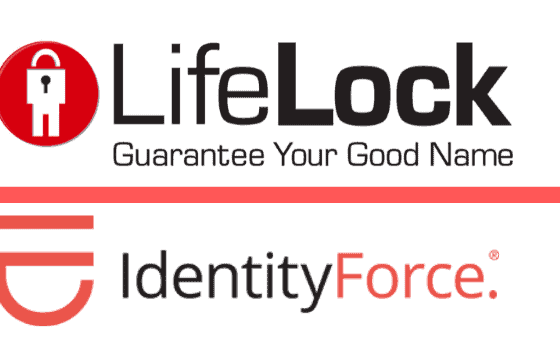Although mortgage interest rates have hit a historic low, many households are paying over a third of their income on housing costs. According to an Ipsos MORI survey commissioned by the BBC’s Panorama programme, 31% of household surveyed spend over a third of their income on a mortgage or rent. There are a number of reasons why this may be the case, including a shortage of affordable housing, high property prices and an overheated rental market.
A Shortage of Affordable Housing:
The UK is not building enough houses each year to meet demand, according to figures produced by the housing and homeless charity Shelter. Since 2008, the construction market has been in the doldrums. The government attempted to boost the new-build market with phase 1 of the Help to Buy scheme. Launched in April 2013, this initiative was designed to encourage first-time buyers to purchase new-build properties by allowing them to borrow 20% of the purchase price from the government. Combined with a 5% deposit from the borrower, this left only 75% to be borrowed from a mortgage provider. The scheme has now been extended to cover all buyers and all properties.
Since the scheme began in April, there has been a 6% rise in the number of homes built in the UK.
High Property Prices:
The shortage of affordable property has been steadily pushing property prices up over the last few years. The average house price has been increasing by just over 3% per year and this trend looks set to continue. The Office for National Statistics (ONS) reported that property prices had reached a record high in August 2013. At that time, the average price for a property in the UK was £247,000. This is around ten times the average UK income.
Higher property prices mean that households are stretching themselves by taking out larger mortgages in order to buy their home. As a result, the financial benefits that could be gained from low mortgage interest rates are offset by higher levels of borrowing.
The research conducted for Panorama revealed that 46% of respondents think property prices in their local area are too high. In addition, 39% would like to see property prices fall.
The Rental Market:
Following the banking crisis, lenders have become much stricter about who they will lend to. When borrowers do pass the credit checks, lenders are insisting that they provide a deposit of at least 5% of the property’s value. As a result, many people find that they are unable to buy their own home and have to turn to the rental market. With more people looking for properties to rent, landlords are able to push up rents. The average cost for renting a home from a private landlord in England and Wales reached a record high of £757 per month in September 2013. This is an increase of 2.1% over the past year. The problem is particularly acute in London, where the average rent is approximately £1,200 per month.
Paying high rents can prevent individuals from saving the money required to put down a deposit on a property.
Why High Housing Costs Matter:
The increases in housing costs have to be viewed against a backdrop of wage restraint. Many household incomes have been frozen or have risen by less than the rate of inflation for a number of years. The result is a drop in income in real terms. At the same time energy, fuel and food costs have soared. The situation is likely to become worse when interest rates start to rise. At the moment, the Bank of England is holding down the base rate at 0.5% until unemployment drops to 7%. Some analysts predict that interest rates will begin to rise as early as 2015.
According to the Joseph Rowntree Foundation and Shelter, households that spend 35% or more of their income on mortgages and rent may not be able to afford other basic essentials, such as food or heating. Since April, Trussell Trust, which runs 400 food banks across the UK, has handed out food supplies to 350,000 people. This is three times the number it helped in the same period in 2012. Trussell Trust’s executive chairman believes that, "many of them are choosing between paying the rent and eating or they’re choosing between paying the mortgage or having a repossession order."





